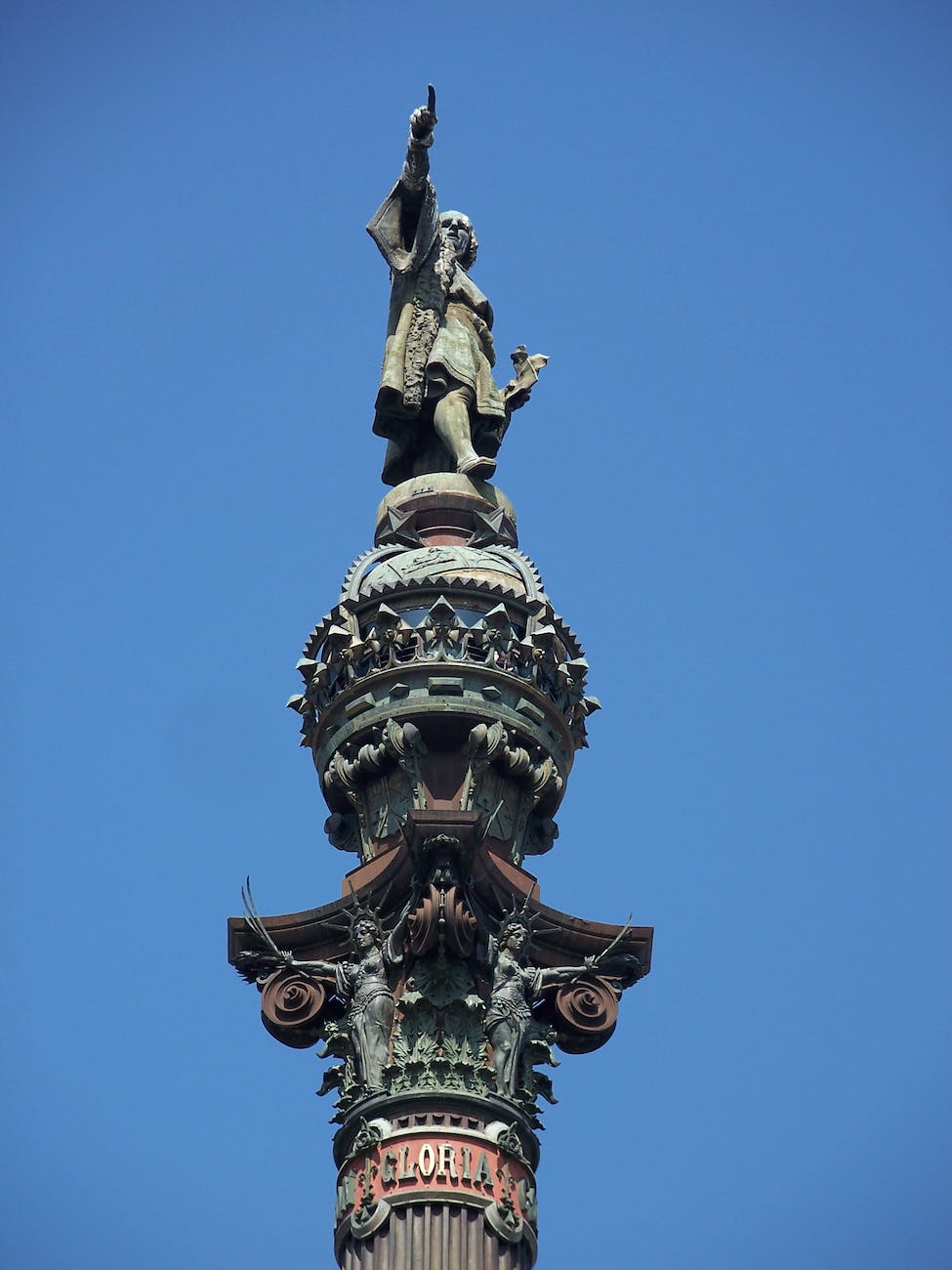
The voyages of Christopher Columbus have long been shrouded in mystery and controversy. While the traditional narrative of Columbus’ expeditions has him discovering America, many historians now believe that there is more to the story.
In fact, it is believed that Columbus had a different goal in mind when he set out on his voyages, and that he may have discovered something much more significant than just a new land.

The traditional theory is that Columbus was searching for a new trade route to Asia, as the normal routes were controlled by the Ottoman Empire. He believed that by sailing west, he could bypass their territory and reach Asia more easily.
While he did not find a direct route to Asia, he did discover a new land that would later be known as the Americas.

Another theory is that Columbus had knowledge of a lost civilization, possibly the legendary island of Atlantis, and was searching for it. Some historians believe that Columbus may have had access to ancient texts or maps that revealed the existence of this civilization and its location.
It is also believed that Columbus may have had a personal motivation for his voyages. Modern historians suggest that he was driven by a desire for wealth and fame, and saw the discovery of a new land as a way to achieve this.
Regardless of his true motivations, there is no denying the impact of Columbus’ voyages on the world.
His discovery of the Americas led to the colonization of the New World and the displacement of the indigenous peoples who lived there. It also had a profound effect on the global economy, as new trade routes and resources were opened up.

